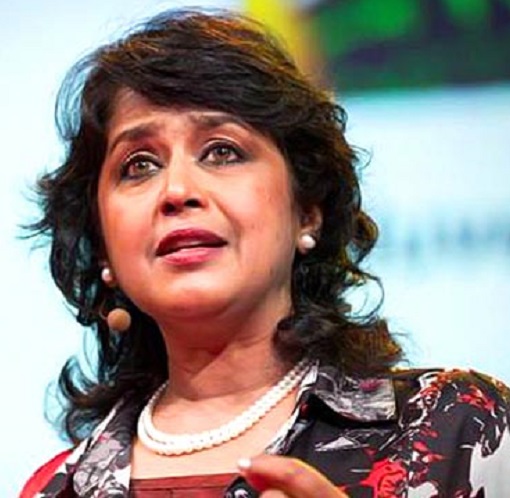Thursday, 6 October 2016
Mauritius Top The Ibrahim Index of African Governance
Mauritius President Ameenah Gurib
Governance across Africa has improved very little over the past decade as deteriorating safety and rule of law have held back progress made in other areas such as human rights or economic opportunities, a survey said on Monday.
The Ibrahim Index of African Governance (IIAG) - the most comprehensive survey of its kind on the continent - rates 54 African nations against criteria such as security, human rights, economic stability, just laws, free elections, corruption, infrastructure, poverty, health and education.
Mauritius held onto its top spot, followed by Botswana, Cape Verde, the Seychelles and Namibia while South Africa - the continent's most industrialised country - was in sixth place.
While overall the index has improved by just one point over the 10-year period starting in 2006, three out of the top 10 countries have seen their score fall in this period, and major economies like South Africa and Ghana registered some of the largest deteriorations on the continent.
“I am a little bit disappointed because governance moved quite fast between 2000 and 2006, it improved considerably, but over the last ten years on average it only increased by 1 point, and we need to do better, and we really need to look at the areas that are holding us back,” Sudanese telecoms businessman Mo Ibrahim told Reuters in an interview.
“We moved forward in education and health, in rural sectors, in infrastructure and gender issues - some good progress has been made, but we need to safeguard that by behaving better,” said Ibrahim, whose foundation compiles the report aimed at promoting better governance and economic development in Africa.
The survey found that almost half of Africa's 54 countries recorded their worst score in the past three years in the Safety & Rule of Law category, which measures personal safety, national security as well as accountability and the judicial system.
All four components which made up Safety & Rule of Law had deteriorated, and this was holding back the continent's progress and remains the biggest challenge to its future, Ibrahim said.
Among the top 10 overall rated countries, six had deteriorated over the past decade in that category with South Africa registering the largest decline in what researchers called a “concerning negative trend”.
South Africa has teetered on the edge of recession, suffering from chronic power shortages and stubbornly high unemployment with voters increasingly frustrated with the country's economic management under President Jacob Zuma and his ruling ANC party.
“We look at South Africa as the locomotive, which we're hoping will pull the whole of southern Africa region forwards,” said Ibrahim, adding tumbling commodity prices had weighed on the country, but political issues were adding to the woes.
“It is in trouble, it needs mending and some soul searching - the ANC needs to really look closely at itself and how it's conducting itself in power.”
The last spot on the overall index was held by Somalia, which makes up the bottom five together with South Sudan, Sudan, the Central African Republic and Libya, which showed some of the most dramatic falls since descending into anarchy following the removal of Muammar Gaddafi in 2011.
Economy
The category of Sustainable Economic Opportunity - looking aspects such as public management, business environment and infrastructure - had shown a slight improvement of 1.8 points.
The rise was driven by a jump in digital and IT infrastructure, the most improved indicator in the past decade across the whole index, while roads and transport also improved.
Yet other parts of the infrastructure, such as electricity, has worsened since 2006, with South Africa showing the largest drop of all countries, losing more than 30 points.
Chronic power shortages are one of the biggest obstacles to growth in countries across Africa, with a dearth of electricity or regular blackouts strangling industries.
“Forty percent of African citizens live in a country which has seen a deterioration and over half of Africa's economy has been affected by this issue over the past decade,” the report found.
Looking at trajectories over the past decade, the report found that 32 countries - home to around half of Africa's population - had seen their final score in 2015 falling below previous peak levels.
“We are really looking for a more inclusive type of government, which offers a better space for civil society and realises that civil society is there to help government, not to fight government,” said Ibrahim.
“I wish to see less violence in Africa, we need peace.”
Source: iol.co.za
Subscribe to:
Post Comments (Atom)


No comments:
Post a Comment